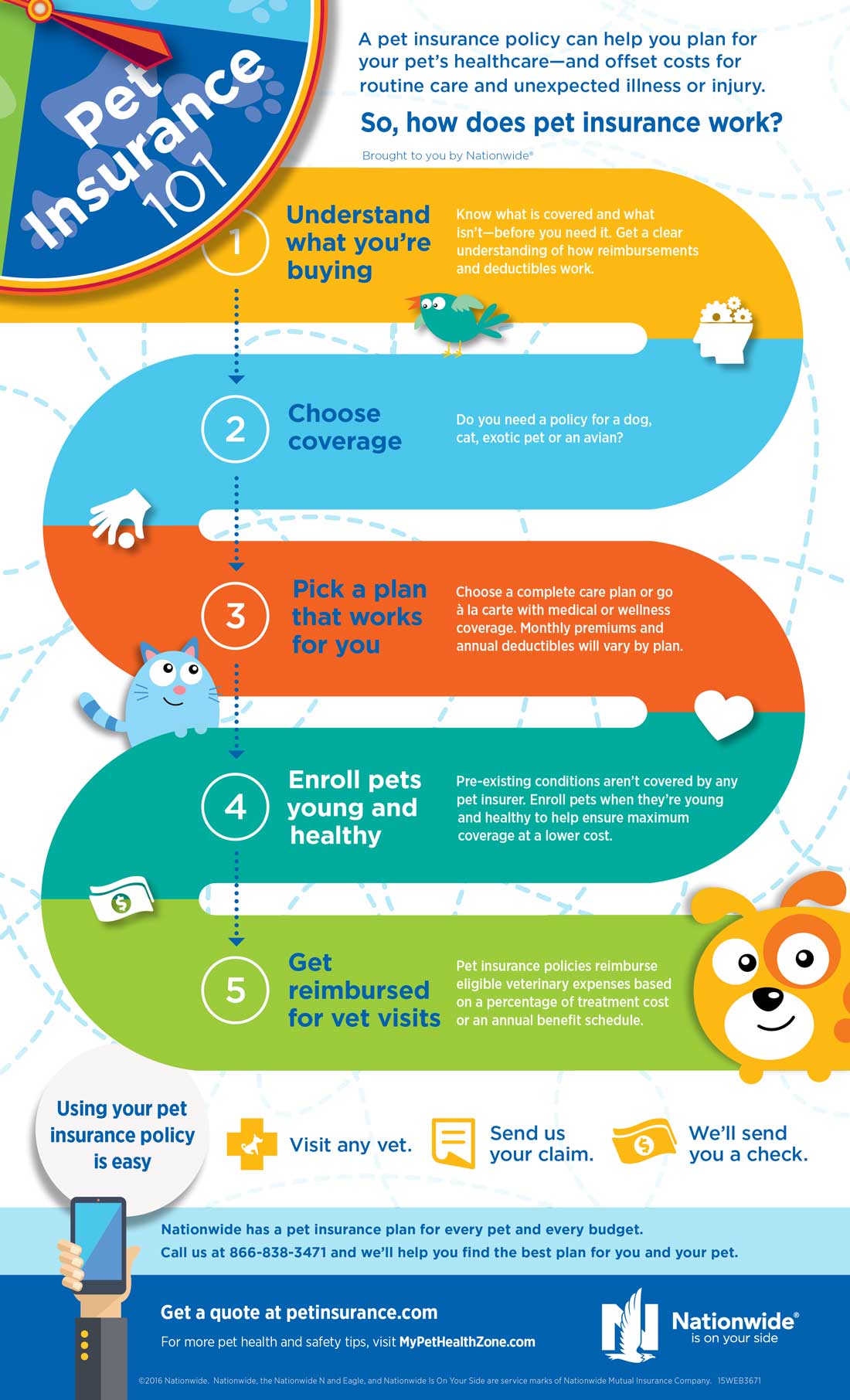Entire life and universal life insurance coverage are both thought about long-term policies. That suggests they're designed to last your whole life and won't end after a particular amount of time as long as needed premiums are paid. They both have the prospective to accumulate cash worth gradually that you might have the ability to borrow versus tax-free, for any reason. Because of this feature, premiums might be greater than term insurance. Whole life insurance coverage policies have a fixed premium, suggesting you pay the same amount each and every year for your protection. Much like universal life insurance, whole life has the prospective to collect cash worth with time, developing an amount that you might have the ability to borrow versus.
Depending on your policy's potential cash value, it may be used to avoid an exceptional payment, or be left alone with the potential to build up value over time. Possible development in a universal life policy will differ based on the specifics of your individual policy, along with other elements. When you purchase a policy, the issuing insurance company develops a minimum interest crediting rate as detailed in your contract. Nevertheless, if the insurer's portfolio makes more than the minimum rate of interest, the business may credit the excess interest to your policy. This is why universal life policies have the potential to earn more than a whole life policy some years, while in others they can make less.
Here's how: Considering that there is a money value part, you may have the ability to skip premium payments as long as the money value suffices to cover your required costs for that month Some policies may permit you to increase or reduce the survivor benefit to match your particular scenarios ** Oftentimes you may obtain against the money value that might have collected in the policy The interest that you might have made gradually builds up tax-deferred Entire life policies provide you a repaired level premium that won't increase, the possible to accumulate cash value with time, and a fixed death benefit for the life of the policy.
As an outcome, universal life insurance coverage premiums are normally lower throughout durations of high rates of interest than entire life insurance premiums, frequently for the exact same amount of coverage. Another essential distinction would be how the interest is paid. While the interest paid on universal life insurance is frequently adjusted monthly, interest on an entire life insurance coverage policy is usually adjusted every year. This might suggest that during periods of increasing rate of interest, universal life insurance coverage policy holders might see their cash values increase at a rapid rate compared to those in whole life insurance coverage policies. Some people may prefer the set survivor benefit, level premiums, and the potential for growth of an entire life policy.
Although entire and universal life policies have their own unique features and advantages, they both focus on supplying your liked ones with the money they'll need when you pass away. By dealing with a certified life insurance coverage agent or business agent, you'll have the ability to select the policy that best fulfills your individual needs, budget plan, and financial goals. You can also get afree online term life quote now. * Provided necessary premium payments are prompt made. ** Boosts may undergo extra underwriting. WEB.1468 (What is insurance). 05.15.
The Best Guide To What Is Ad&d Insurance
You don't need to think if you ought to register in a universal life policy since here you can find out everything about universal life insurance advantages and disadvantages. It resembles getting a sneak peek prior to you buy so you can decide if it's the ideal kind of life insurance for you. Continue reading to discover the ups and downs of how universal life premium payments, cash worth, and death advantage works. Universal life is an adjustable kind of irreversible life insurance coverage that allows you to make modifications to two main parts of the policy: the premium and the death benefit, which in turn impacts the policy's money worth.
Below are a few of the general pros and cons of universal life insurance. Pros Cons Developed to provide more flexibility than entire life Doesn't have actually the guaranteed level premium that's readily available with entire life Money worth grows at a variable rate of interest, which might yield greater returns Variable rates likewise suggest that the interest on the cash worth might be low More chance to increase the policy's cash worth A policy typically needs to have a positive money worth to stay active One of the most attractive features of universal life insurance coverage is the ability to select when and how much premium you pay, as long as payments satisfy the minimum quantity required to keep the policy active and the IRS life insurance standards on the optimum quantity of excess premium payments you can make (What is hazard insurance).
But with this versatility likewise comes some drawbacks. Let's discuss universal life insurance advantages and disadvantages when it pertains to altering how you pay premiums. Unlike other types of irreversible life policies, universal life can change to fit your monetary requirements when your cash circulation is up or when your budget plan is tight. You can: Pay higher premiums more often than required Pay less premiums less often or even avoid payments Pay premiums out-of-pocket or use the cash worth to pay premiums Paying the minimum premium, less than the target premium, or skipping payments will negatively affect the policy's money value.
